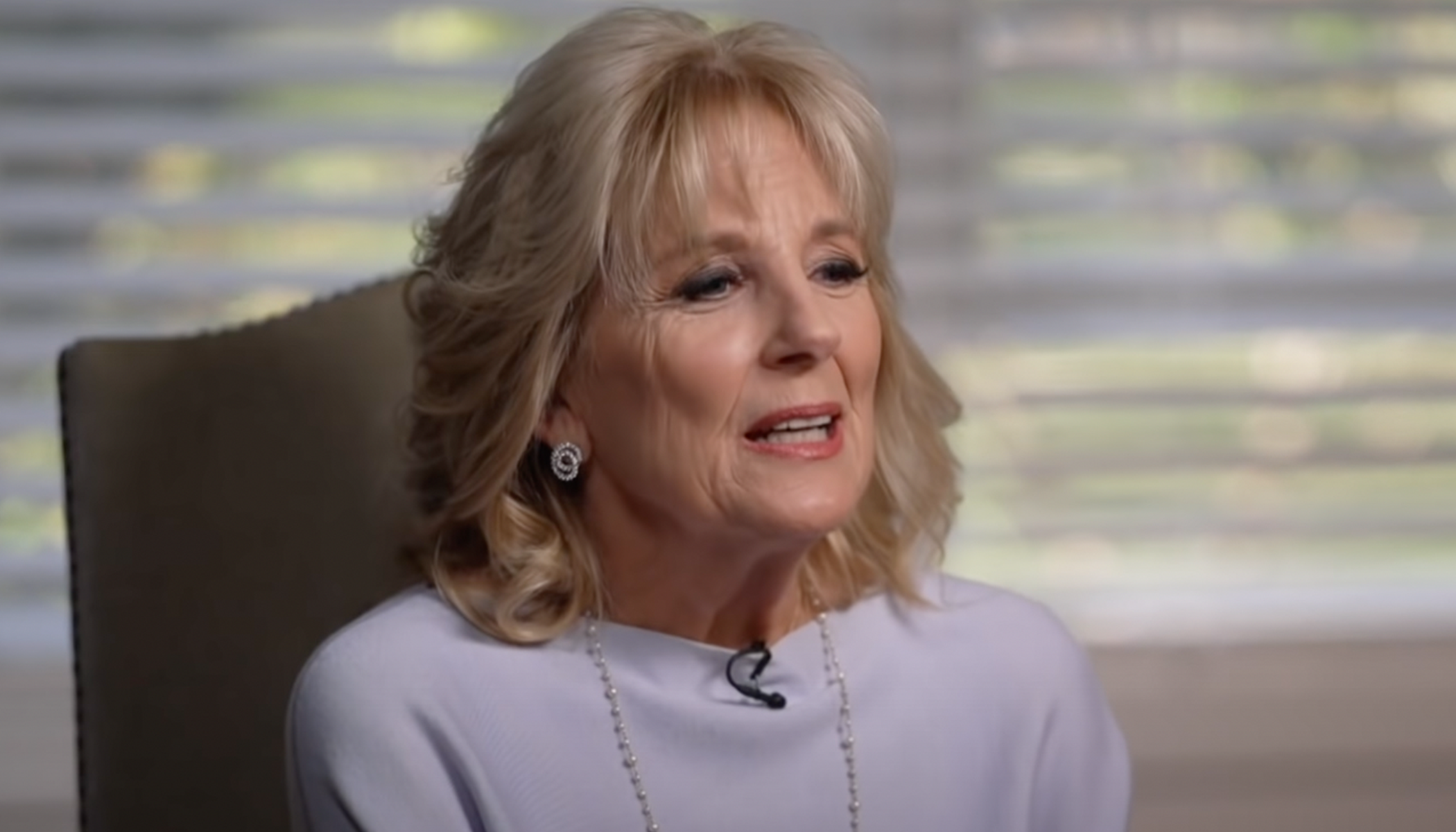Biden Administration Notches SCOTUS Win in Social Media Case Against Conservative States
On Wednesday, the U.S. Supreme Court handed a significant victory to the Biden administration by ruling that Republican-led states did not have the required standing to sue over social media regulation.
In a 6-3 decision, the high court dismissed claims that Biden administration officials exerted unconstitutional pressure on social media platforms, highlighting the lack of standing by the states to sue, as the Associated Press reports.
Supreme Court Dismisses States' Claims
The ruling overturned prior decisions by lower courts that had favored Louisiana, Missouri, and other states, which argued that the federal government had pressured social media companies to modify content regarding COVID-19 and election security. Justice Amy Coney Barrett wrote the majority opinion, asserting that neither the individuals nor the state plaintiffs had sufficiently established standing.
"We begin — and end — with standing. At this stage, neither the individual nor the state plaintiffs have established standing to seek an injunction against any defendant. We therefore lack jurisdiction to reach the merits of the dispute," Justice Amy Coney Barrett wrote.
Justices Samuel Alito, Neil Gorsuch, and Clarence Thomas dissented, expressing concern over what they saw as excessive government influence on social media platforms, with Justice Alito emphasizing the importance of the issue.
Dissenting Opinions Highlight Concerns
"For months, high-ranking government officials placed unrelenting pressure on Facebook to suppress Americans’ free speech. Because the court unjustifiably refuses to address this serious threat to the First Amendment, I respectfully dissent," Alito stated.
The court's decision should have minimal impact on typical social media users or their posts. However, it does underscore ongoing tensions regarding the role of government in moderating online content.
The Biden administration expressed relief at the court's decision. White House press secretary Karine Jean-Pierre commented on the importance of maintaining open communication channels with social media companies to protect public safety.
Mixed Reactions from Various Stakeholders
"...The court reached the right outcome because it helps ensure the Biden Administration can continue our important work with technology companies to protect the safety and security of the American people, after years of extreme and unfounded Republican attacks on public officials who engaged in critical work to keep Americans safe," Jean-Pierre said.
Conversely, Louisiana Attorney General Liz Murrill expressed disappointment, arguing that the decision permits government overreach and censorship, saying that it "...Gives a free pass to the federal government to threaten tech platforms into censorship and suppression of speech that is indisputably protected by the First Amendment. The majority waves off the worst government coercion scheme in history."
Legal Battles Around Social Media Continue
Other related legal battles are ongoing, including cases involving Republican-backed laws in Florida and Texas that regulate social media content removal based on expressed views. The Court also recently addressed standards for when public officials can block users on social media.
During arguments in March, justices expressed skepticism about the states' claims of undue federal influence on social media platforms. The Biden administration argued that without the ability to engage with tech firms, harmful content could proliferate unchecked.
Jen Easterly, Director of the Cybersecurity and Infrastructure Security Agency (CISA), expressed satisfaction with the ruling, emphasizing the agency's commitment to protecting free speech while reducing risks to U.S. infrastructure, saying that it "...Does not and has never censored speech. Every day, the men and women of CISA execute the agency’s mission of reducing risk to U.S. critical infrastructure in a way that protects Americans’ freedom of speech, civil rights, civil liberties, and privacy"
Free speech advocates had mixed reactions to the ruling. While some praised the decision, Alex Abdo, a prominent advocate, highlighted the need for clear guidance on the acceptability of governmental influence on social media platforms, particularly as elections approach.
"The platforms are attractive targets for official pressure, and so it’s crucial that the Supreme Court clarify the line between permissible attempts to persuade and impermissible attempts to coerce. This guidance would have been especially valuable in the months leading up to the election," Abdo explained.
Repercussions of Lawsuit on Public Perception
Nina Jankowicz, initially involved in the lawsuit due to her government work on alleged disinformation, expressed concerns about lasting public perceptions regarding government censorship.
"Unfortunately, there is an entire class of people that now believes the government, in coordination with independent researchers, is censoring some part of the American population. I don’t think that’s going to go away anytime soon," Jankowicz noted.
This case marks the sixth time this term that the Supreme Court has overturned a 5th U.S. Circuit Court of Appeals ruling. Recent Supreme Court decisions include upholding a gun restriction for domestic violence protection and ruling against anti-abortion doctors challenging the FDA’s decision on an abortion drug.
Under Elon Musk's leadership, platforms like X (formerly known as Twitter) have restored previously banned accounts, while Meta (formerly Facebook and Instagram) has shifted away from news and political content, signaling broader changes in social media regulation and practice.
In conclusion, the Supreme Court's 6-3 ruling in favor of the Biden administration underscores the contentious nature of social media regulation and federal authority’s role in content moderation. The decision has elicited mixed reactions, revealing ongoing debates over free speech, government influence, and public trust in digital platforms.





